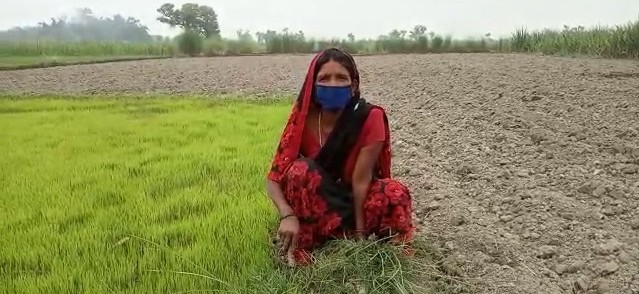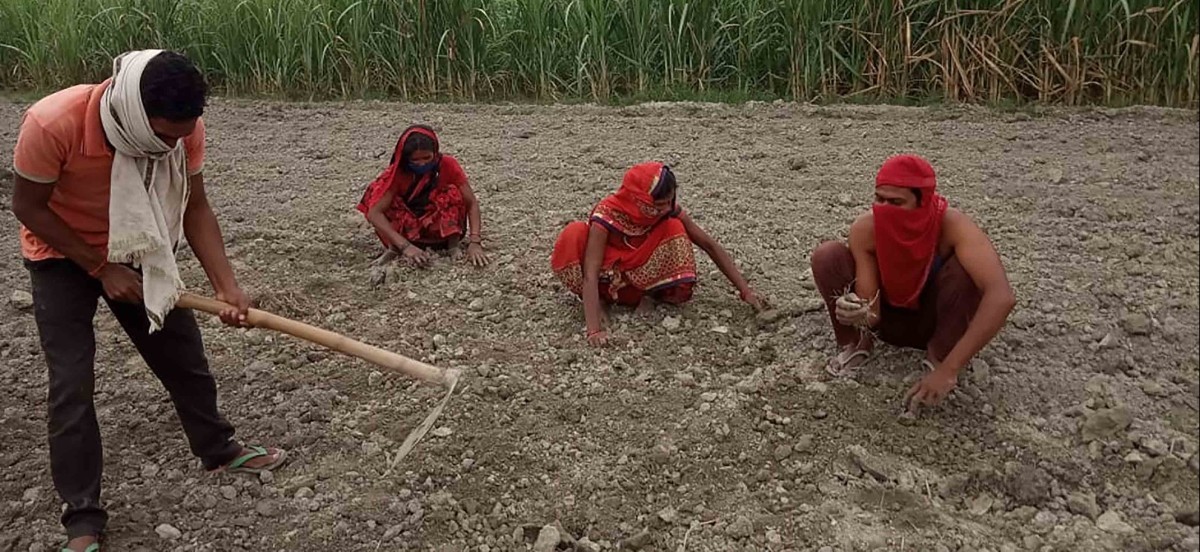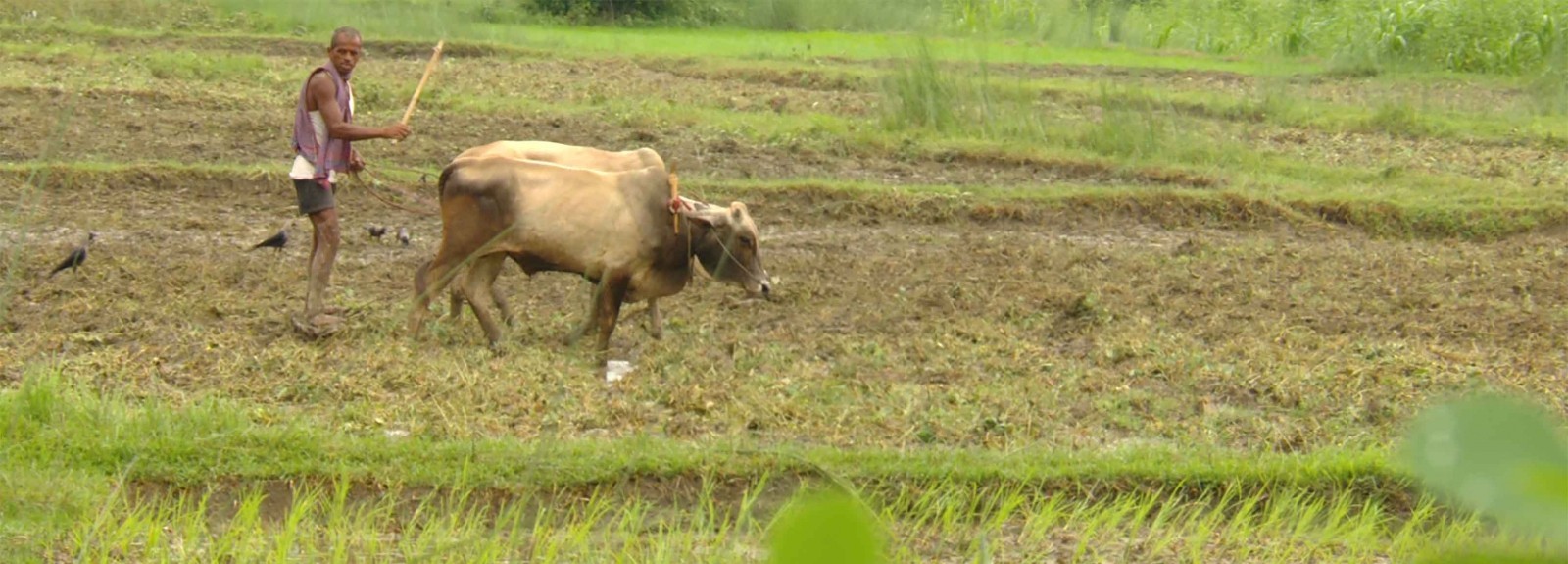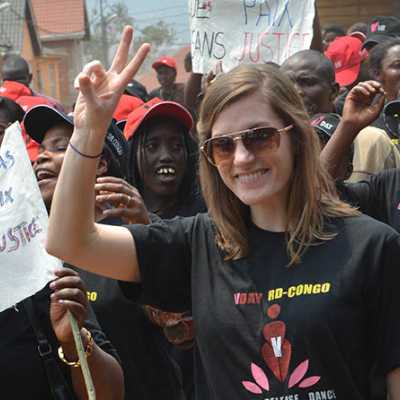For rice farmers like Ramratiya Devi — caught between the looming monsoon season and the pandemic that has made planting impossible — your love may be all that stands between a harvest and starvation.
Devi grows rice and other crops in the Koshi River Basin in India’s Bihar state. She and her family rely on the rich, fertile soil near the river to grow the food they need to eat and sell. But they know very well that, as the river gives, it can also take away.
More than once, she has experienced the devastation of losing her harvest due to unexpected floods.
Fortunately, Devi and her neighbors have learned to live more in harmony with the river. Thanks to your love and generosity, they’ve learned more resilient farming techniques and have an early warning system in place that allows them to take action against impending floods to save their crops and belongings.
But now these farmers are facing a new challenge, unlike any they’ve faced before: it’s time to plant their most important crop, but the global coronavirus pandemic is standing firmly in their way.

Ramratiya Devi wears a mask while prepping the paddy field for cultivation.
Not just health: COVID-19 threatens livelihoods and food security
The potential loss of the rice crop isn’t the only problem.
According to Gyawali, most of these farmers are poor and don’t have sufficient land to produce enough food or income to last the whole year. After harvesting what they can grow, usually enough to last 3-6 months, many travel to larger towns or cities to work as laborers to round out their income.
"Due to the lockdowns," he adds, "most of these farmers haven’t been able to leave home to earn money through labor work. Their livelihood has been affected greatly."
Devi's family is among those whose meager income has plummeted during the coronavirus crisis, and she says they’ve already used up what savings they had. She has a lot riding on the rice she’s not sure she’ll be able to plant.
Farmers who initially were able to travel in search of temporary work have since been forced to return home, and, unfortunately, they have brought COVID-19 back with them. Gyawali says transmission in the region was almost nonexistent during the first several weeks of lockdown. Since the migrants have returned, however, cases have increased dramatically in recent weeks. This adds another layer of complication to an already desperate situation.
With COVID-19 knocking on their doors and the rice crop at risk, these families are facing a perfect storm of poverty, hunger and sickness.

Farmers at Haripur, Supaul, India preparing their paddy field for cultivation, hoping they’ll have the supplies they need to plant in time.
Helping our neighbors
Lutheran World Relief is grateful for the outpouring of love you’ve shown your global neighbors throughout the COVID-19 crisis. Today, your love is reaching families around the world with clean water for drinking and washing their hands; emergency food in communities where shelves are empty; and training and supplies for health workers on the front lines of the COVID-19 response.
For our neighbors living on the border of India and Nepal, your love is seeds, fertilizer and farming supplies that arrive in time for planting. Your love is food aid for families like Devi’s who may be unable to plant or find work, and it is a plan for ensuring future growing seasons are secure.
LWR and our local partners are on the ground, and we are committed to helping as many of these neighbors as we can, but there are many more in need. If you’ll reach out in love, we’ll carry it the rest of the way. Until your love reaches every neighbor.
Stop the spread of coronavirus
Your gift will help save lives.



